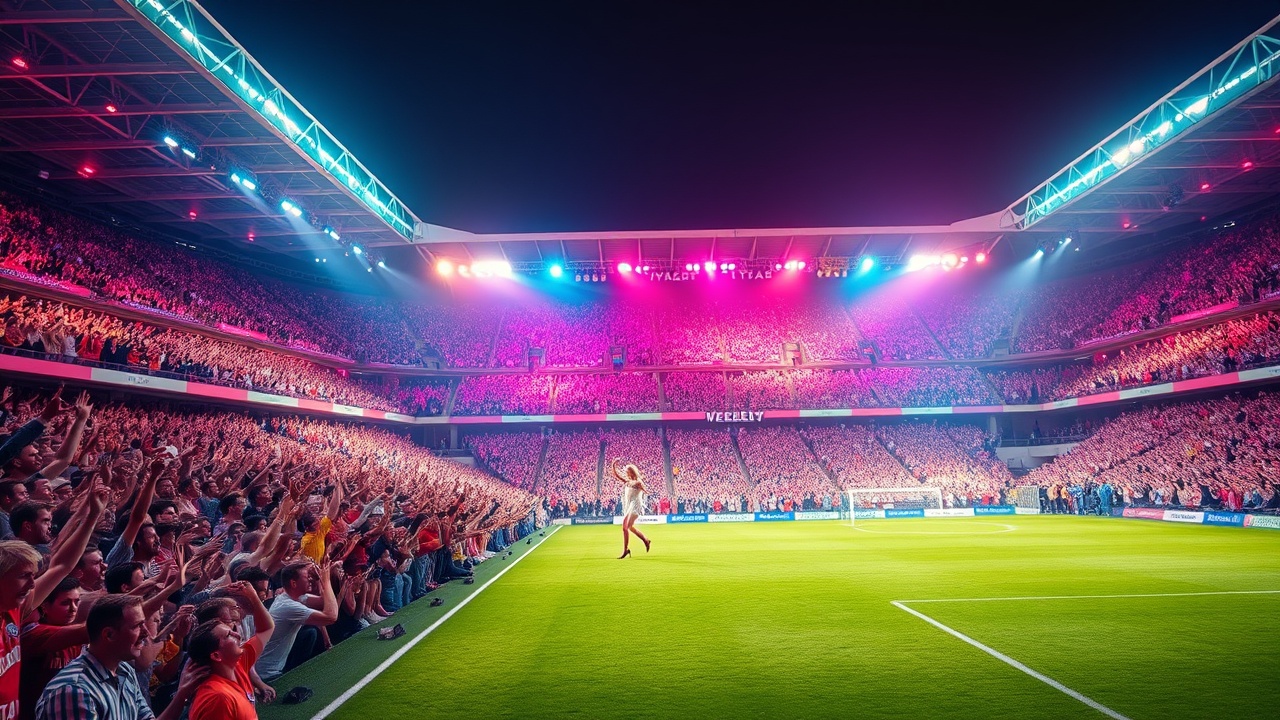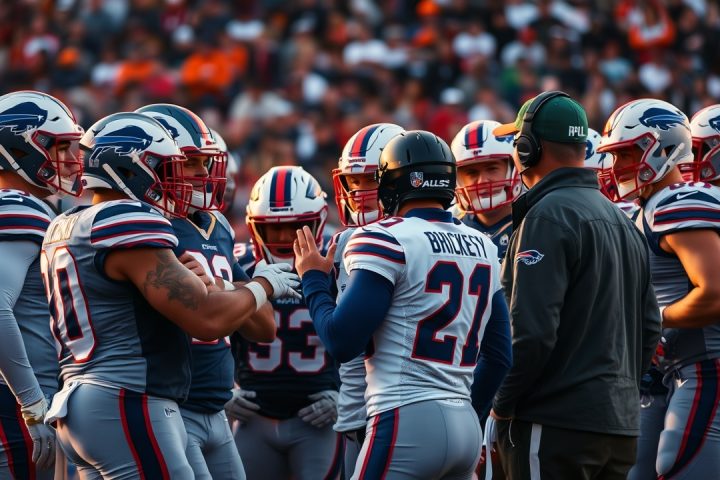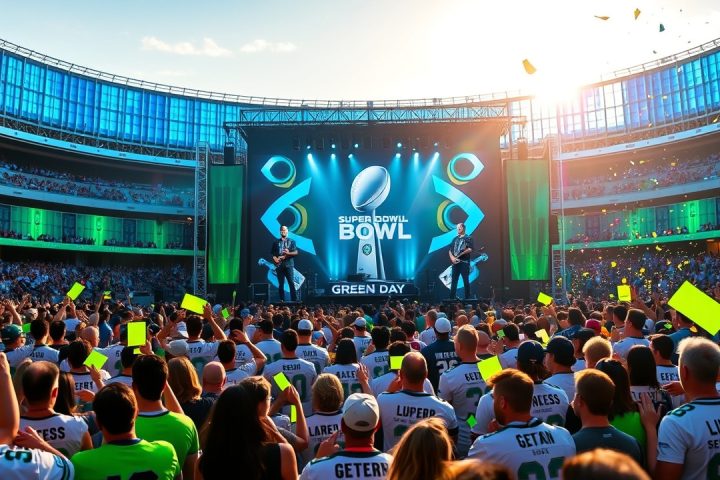Shahid Khan’s Bold Bid for Wembley Stadium
Seven years ago, Shahid Khan, the billionaire owner of Fulham FC, attempted to make a splash in English football by putting forth a bold £900 million bid to acquire Wembley Stadium. This substantial offer included an upfront payment of £600 million (approximately $813 million) alongside an additional £300 million expected from future revenues linked to the stadium’s high-profit catering operations, targeting the affluent clientele who frequent events there. Such an investment was roughly equal to the original construction cost of the stadium, factoring in various financial intricacies.
The FA’s Financial Struggles
However, the English Football Association (FA), which had overseen Wembley since its redevelopment, was not in a financially enviable position at that moment. With nearly £200 million in losses over two decades and upcoming maintenance expenses exceeding £70 million, Wembley was far from the lucrative asset it was initially envisioned to be. This stark reality acknowledged by the FA illustrated the difficulties in monetizing a venue that lacked a consistent and reliable income stream from regular sporting events.
Context and Reception of the Proposal
As English football’s overseer, the FA also faced scrutiny over the plight of amateur leagues, where many young players had access only to poorly maintained playing fields. This context made Khan’s proposal appear timely and appealing. Rather than dismantling the iconic stadium, his plan would have transformed the FA from an owner-operator to a tenant, allowing continuous use for national games, cup finals, and additional events, including those of the Jacksonville Jaguars, another team owned by Khan.
The Emotional Debate and Outcome
Despite the financial reasoning behind Khan’s offer, the emotional and national pride associated with owning Wembley ignited a contentious six-month debate. Many opposed the move on patriotic grounds, with public figures like Ken Bates voicing strong opposition by asserting that the FA lacked the moral authority to sell a venue that embodies English football and its heritage.
To him and others, selling Wembley was perceived as a betrayal of the fans and the local grassroots football community. With the FA board needing at least a 60 percent consensus from its diverse council to agree on selling the stadium, a divide soon emerged. Ultimately, FA chief executive Martin Glenn acknowledged the situation as “more divisive than anticipated,” leading to Khan withdrawing his offer due to the lack of a clear mandate.
The Current State of Wembley Stadium
Fast forward to 2024, and Wembley Stadium has turned an operational profit of just over £30 million, contributing to the FA’s overall profit of approximately £50 million. Recent decisions to renovate how pitches are prepared—replacing traditional grass-growing methods with hybrid turf known as ‘lay and play’—have bolstered the stadium’s event capacity, allowing for quicker transitions between sporting and concert events. This innovation enabled Wembley to increase its annual quota of major events from 46 to 54, enhancing revenue opportunities.
Ongoing Debate and Concerns
Thus far, the venue is set for a packed calendar of sporting events and concerts, including prominent artists and international games. However, some financial experts remain skeptical about the overall profitability of Wembley when considering its substantial operating costs, employee wages, and various expenditures. They argue that while the venue is on course to break even, it may not be generating significant profit for the FA as intended.
The narrative of whether the FA made the right choice in rejecting Khan’s initial proposal continues to evoke strong opinions within the football community. Some officials view the decision as a missed opportunity for a significant financial boost, while others insist on the importance of Wembley’s symbolic status in English football culture. As the stadium continues to host semi-finals, concerts, and various events, the long-term implications of its management will be closely watched, raising questions about the balance between profitability and preserving a national football heritage.




